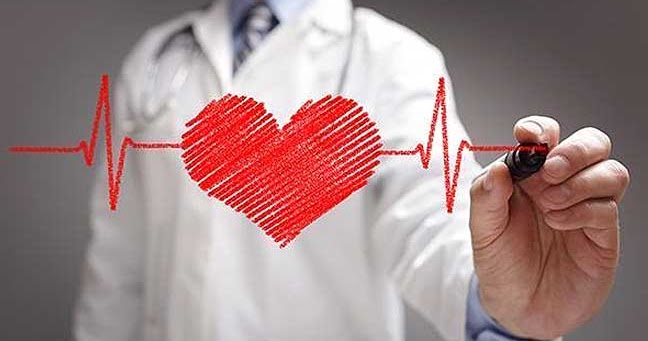
Image Source- intelligentindia.in
Managing chronic conditions such as high blood pressure, diabetes, high cholesterol, obesity, and heart disease, which can increase the risk of stroke, is the greatest way to reduce this risk. Changes in lifestyle can play a key role in preventing stroke by reducing the likelihood of blocked arteries. Alcohol withdrawal, regular exercise, quitting smoking, weight loss, and stress management are all beneficial.
World stroke day falls on October 29. Hence, it is the best time to spread awareness about how making changes to your life can prevent a stroke and lower the chances of having another one.
To lead a healthy and peaceful life it is necessary to know the ways to prevent stroke. There are various methods to avoid this condition but the easiest and fastest lifestyle change is eating a balanced diet. Fruits, vegetables, whole grains, fiber, protein, and other nutrients can help manage most chronic diseases and prevent artery clogging.
According to experts, let’s have a look at which food we should focus on to have a healthy life and reduce the risk of stroke.
Learn how to prevent stroke on World Stroke Day
Vegetables and fruits-Fruits and vegetables are not only delicious but also packed with important nutrients such as potassium, fiber, folate, and vitamins A and C.
High blood pressure is one of the primary risk factors for stroke. Consuming foods that are high in potassium, such as white potatoes, bananas, tomatoes, prunes, melon, and soybeans, can assist in maintaining blood pressure levels that are within the normal range.
Eating foods like spinach that are high in magnesium can also help reduce the risk of having a stroke.
Seasonal fruits and vegetables that are naturally low in fat and calories but high in fiber can help reduce the chance of having a stroke. This is because these foods are naturally high in fiber but low in calories.
If you want to lower your chance of having a stroke and keep your weight at a healthy level, you should eat at least two servings of fruit every day and include seasonal vegetables in your diet.
Eating fish– They have a lot of omega-3 fatty acids and can help keep your blood pressure and cholesterol in good shape. So, adding fish which are rich in omega -3 into diet is always a good option to prevent stroke.
Whole grain meals- These contain fiber, Vitamin B (including folate and thiamin), magnesium, and iron to reduce stroke risk. Hence, it is better to choose whole-grain bread, cereal, oatmeal, and brown rice. Replace white bread with whole grain in your diet.
Apart from all these foods, milk, yogurt, and cheese without fat can help in the management of type 2 diabetes and high blood pressure, in addition to lowering the risk of stroke.
It is advisable to avoid eating high-cholesterol foods, fast foods, and ice creams to reduce the risk of a stroke.
Some other modifications in lifestyle also include the followings-
Exercise for at least 30 minutes every day– Studies suggest that stroke prevention can also be helped by maintaining a regular exercise routine. Keeping active and lowering the risk of stroke can be accomplished by doing things like climbing stairs, walking, riding a bike, or swimming. The benefits of engaging in activities such as walking, gardening, and cycling twice or even three times per week, cannot be underestimated.
Physical activity plays an important role to reduce the stroke risk factors such as hypertension, diabetes, obesity, cholesterol, and stress.
Check your cholesterol level– Check the amount of LDL cholesterol (so-called “bad” cholesterol) in your blood to keep an eye on the health of your arteries, as your doctor suggests.
Avoid smoking- The chance of having a stroke is increased by smoking. Hence, if you want to quit smoking for good, getting professional medical aid, such as cognitive behavioral therapy (CBT), which is also known as hypnosis, and having the support of family and friends will increase your chances of being successful.
Cut down on salt.- If you limit your use of products like ready meals, sauces, soups, and cured meats that include salt, you can immediately help bring your daily intake down to between 6 and 8 grams.
Reduce alcohol consumption– Drinking excess alcohol raises the risk of developing high blood pressure and can also cause the heartbeat to become irregular. Therefore, alcohol consumption should be avoided to prevent the risk of stroke.
Conclusion
To prevent stroke, making modifications to how you live your life is really essential. The simple changes described above will help you maintain a healthier lifestyle and enhance your overall condition.











